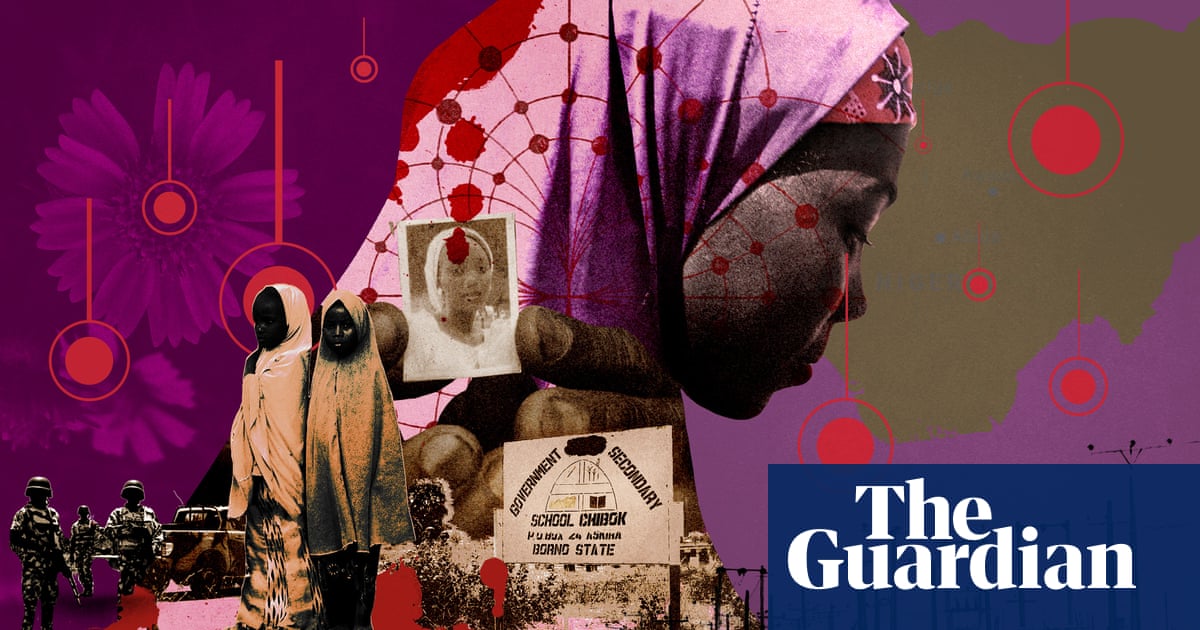
y first intimation of Roseanne McNulty came when I was driving with my mother through Strandhill in Sligo. We had just gone by the derelict remnant of my great-uncle’s dance hall, the Plaza, which looked out blindly on the stormy bay. Now we were passing the ruins of a little hut by the road, engulfed in an enormous rose bush.
“That’s where your woman was put,” my mother said.
“What woman?”
“Uncle Pat’s first wife.”
The tone suggested the deepest disapproval.
I think she said a few more things about this nameless great-aunt. That she had been the piano player in my great-uncle’s band, for instance. But not much else. Something had happened, something dark and irredeemable, and she had ended up being put in the Sligo Lunatic Asylum.
In the following years I wondered what was she supposed to have done. Why had they committed her? No one seemed to know.
But wondering and writing are two different things. In 2001 I wrote a first chapter. It was just about how much Roseanne loved her father. I didn’t know if it was any use. Then the impulse vanished and there was nothing for two years.
At that point the working title was The Hammers and the Feathers, and I wrote a chapter to explain it. Something in that section, which recounts her father and herself going up into a round tower so he could prove Galileo’s theory to her, that all things fall at the same rate, seemed to suggest the presence of the book beyond it. Like an edifice standing off in the mist.
Soon there were a few chapters. I began to feel Roseanne’s presence keenly. I was supposed to be writing the book but it didn’t feel like that. I had the odd feeling of standing at her shoulder, watching her scratch out her story.
In the beginning, Roseanne only mentioned her psychiatrist Dr Grene when he came to visit her in her room. Then I began to alternate sections between him and Roseanne – or rather, he did, because he is writing his own account in his commonplace book.
I was about two-thirds into the draft when I got a note from my mother’s theatrical agent, asking did I know she was in hospital. We had been at loggerheads the last two years and had not been in touch as much as we should have been. It was a great shock.
I found her in dire straits. My first thought was, I can’t write the book now. It would be a long drive to the hospital and back each day. But Roseanne wasn’t interested in stopping again, so I wrote in the gaps.
The actual nature of the story, the elements of it, what happened in it, seemed to me to be fully decided by Roseanne. It was her story. Her voice was strong and confident. I couldn’t interfere with it
The book seemed to go on of its own accord. Which was just as well, as I was so distracted at the time, I was merely obeying its instruction to be in my workroom. Driving, driving, playing Joni Mitchell’s Blue over and over. Washing my mother’s clothes, folding them, ferrying them back to her. When did I write the book? I barely remember.
My mother got a little better, she got a little worse. I noticed her courage. Roseanne also has that. Her love of simple things. The sum of a long, vivid life, anonymous with age in a hospital bed.
By the spring of the next year, The Secret Scripture was drafted, and Roseanne had told her story, and Dr Grene had completed his. The ending of the book was a sort of chastened tribute to my own realisation that, no matter what trouble there might be between you, there is a cable connecting a mother and a child laid so deep that not even ordinary life can disturb it.












